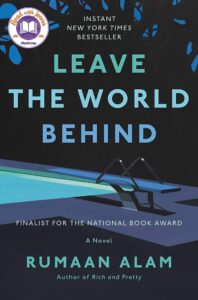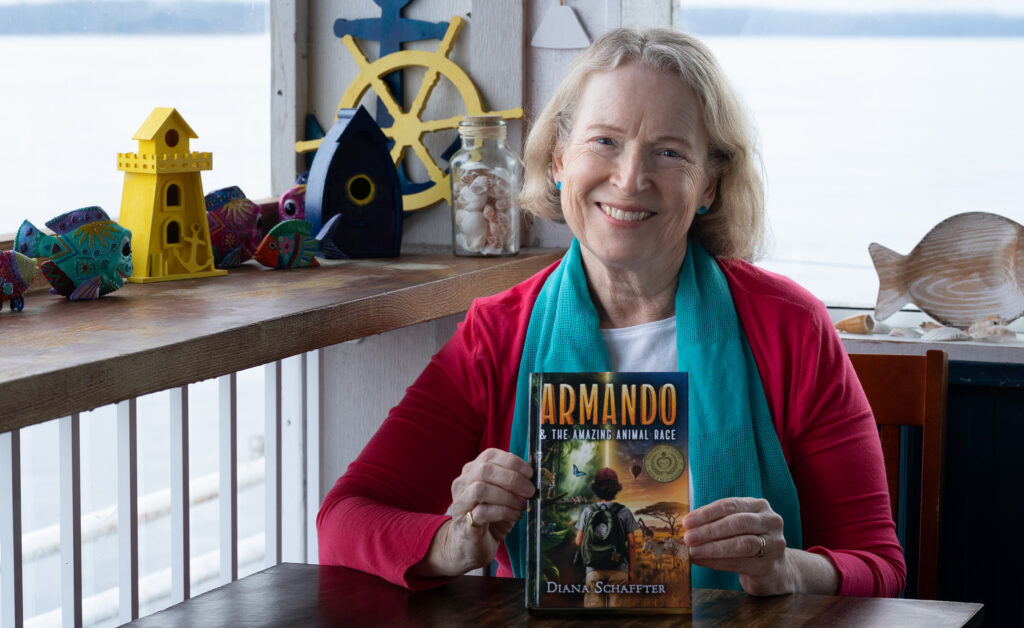by Deborah Rogers –
In the early 1980s, Suzanne Simard was often the lone female in her workplace. She chose a career in forestry because of the legacy of her family; for generations they had made their living from cutting down trees. She grew up surrounded by trees, had a love for forests and desire to understand the way they grow and regenerate, providing food and fuel and clean air. What she discovered in the forestry industry was different than she expected, and often at cross purposes with what she understood forestry to be about. Simard has made it her life’s work not just to understand trees, but to gather unequivocal evidence that could be used to change the modern industrial relationship to trees as a resource.
Finding the Mother Tree – Discovering the Wisdom of the Forest documents Simard’s life alongside her scientific research. It details discoveries decades in the making, and a thesis that was readily dismissed when she first presented it: that trees communicate with one another through complex interconnected networks of fungus in the soil. Her research has changed the way that forests are viewed, and this book has become a best seller inspiring activists, writers and filmmakers to spread her ideas.
It was a large group that came to our September meeting to discuss Finding the Mother Tree; everyone agreed that Simard is a tenacious and resilient woman and that her contribution to science is amazing. We didn’t all agree about our enjoyment of her book, however. The science within the book is very detailed – and learning how quickly she was dismissed at the start of her career, it’s understandable that she wants to present this work very thoroughly and methodically – but for the lay-person it makes for a challenging and slow read. Interwoven with the detail of hypothesis, experiment and analysis of results is the story of Simard’s own life. For some there was too much extraneous detail; for others the personal story was the bit that was interesting. We felt that we gained an understanding of the way her mind worked and marvelled at her determination to continue in the face of an intimidating and vitriolic response from her colleagues and peers.
Finding the Mother Tree really excelled as an exploration of B.C., its forests, animals and the connection between people and the land. Its central message about the complex relationships that trees have with our ecosystem is essential.
 For our October meeting we will be discussing Leave the World Behind by Rumaan Alam. Join us on Tuesday, October 10 at 6:30 p.m. in the Nell Horth Room of the Sidney/North Saanich Library. To stay up to date with meeting information please sign up to our mailing list: www.seasidemagazine.ca/book-club.
For our October meeting we will be discussing Leave the World Behind by Rumaan Alam. Join us on Tuesday, October 10 at 6:30 p.m. in the Nell Horth Room of the Sidney/North Saanich Library. To stay up to date with meeting information please sign up to our mailing list: www.seasidemagazine.ca/book-club.



